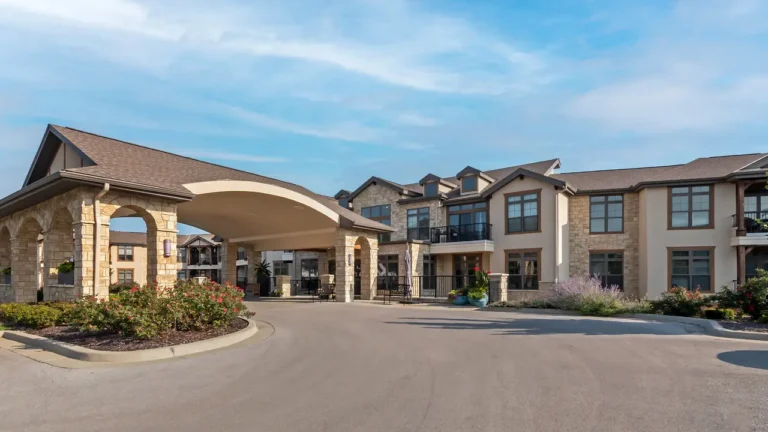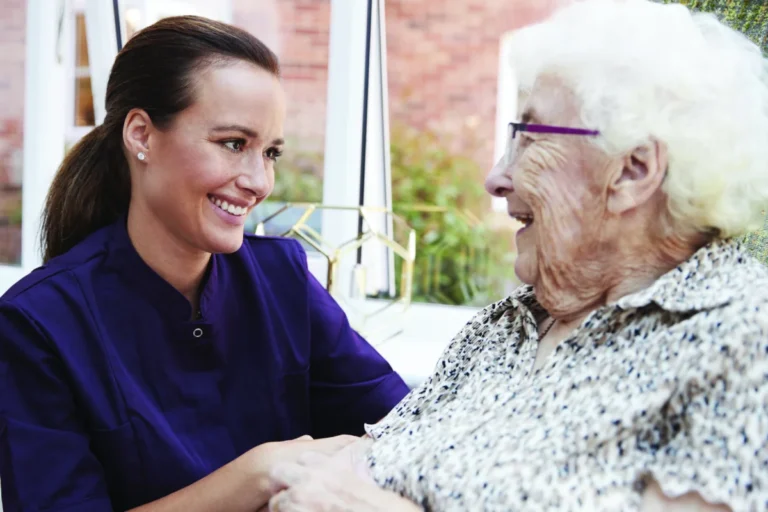People can change a lot during their lifetimes. However, significant personality changes in seniors may indicate an underlying serious issue. It’s crucial to seek advice from a medical professional to obtain a comprehensive diagnosis, but this guide serves as a helpful starting point.
Remember, you know your loved one better than anyone else, and if you observe any changes, it’s important not to disregard them. Our team is here to support you and address any questions you may have. Let’s start by exploring more about possible reasons for sudden personality changes in adults.
- Medication side effects: Many common medications can lead to a sudden change of behavior, and with the average senior filling at least 10 prescriptions annually, behavior changes in seniors can sometimes be attributed to these side effects or interactions between drugs. It’s important to consult your loved one’s health care provider to determine if any medications need to be adjusted or changed.
- Hearing and vision problems: A person’s ability to connect with others and their surroundings is closely linked to their sensory perception. Deterioration in hearing or vision can cause embarrassment, leading to withdrawal from cherished hobbies or social activities and often, personality changes in older adults that stem from the frustration of not being able to communicate as freely as before.
- Loneliness and mental health: The physical changes that come with aging can make it challenging to maintain connections with family and friends. This resulting isolation can contribute to mental health issues such as depression and anxiety and can present emotional changes in later adulthood.
- Alzheimer’s and other forms of dementia: Memory loss and cognitive decline are major factors behind sudden personality changes in adults. As these diseases affect the brain, seniors may experience loss of inhibition or exhibit childlike behavior.
Personality Changes in Older Age
Which personality changes in seniors are normal, and which sudden personality changes in adults are concerning?
While every situation is unique, here are some common changes you may notice in your loved one:
- Confusion or distress in familiar situations: Seniors with Alzheimer’s or other forms of dementia can become overstimulated by noise, conversation, crowds and activity. If they seem agitated or disoriented in places they know well, it could be a sign of a more serious issue.
- Increased agitation or rude outbursts: Impulse control is largely managed by the frontal lobe, one of the primary brain regions affected by Alzheimer’s disease. If your loved one starts exhibiting a sudden change of behavior or mood swings, consider whether this behavior might be related to their health rather than external circumstances.
- Loss of motivation or interest: Individuals with frontal lobe deficits may struggle with planning and executing tasks, even those they have performed for years. This diminished ability can lead to frustration, aggressive behavior in seniors and a subsequent loss of interest in activities they once enjoyed.
Remember: If you’re concerned about someone you love, trust your instincts. It’s better to be overly cautious when it comes to their health and quality of life. While you can’t force them to seek help, your concerns may encourage them to seek more information. If you suspect something is wrong, start the conversation and continue it with your loved one’s doctor or a specialist.
Discover Our Person-First Approach to Memory Care
Tutera is proud to offer THRIVE Memory Care – a holistic, wellness-focused approach for seniors with Alzheimer’s or other forms of dementia. When your loved one joins a community with THRIVE Memory Care, they will receive personalized support tailored to their specific needs and preferences. We take the time to understand their unique life history and are dedicated to caring for them comprehensively – body, mind and spirit.
Our specially trained THRIVE caregivers work closely with your loved one to personalize care, limit distressing conditions and deescalate agitation. Through these management techniques and customized care plans, seniors can continue to live engaging and full lives while navigating the dementia journey.
To learn more about how THRIVE Memory Care can enhance your loved one’s life, contact us today.







